
The Threat From Iran Has Been Greatly Reduced
Pessimists, like Israel’s Prime Minister Benjamin Netanyahu, say that the deal between Iran and major powers to curb its nuclear capabilities will only enhance Iran’s threat, by lifting

Pessimists, like Israel’s Prime Minister Benjamin Netanyahu, say that the deal between Iran and major powers to curb its nuclear capabilities will only enhance Iran’s threat, by lifting
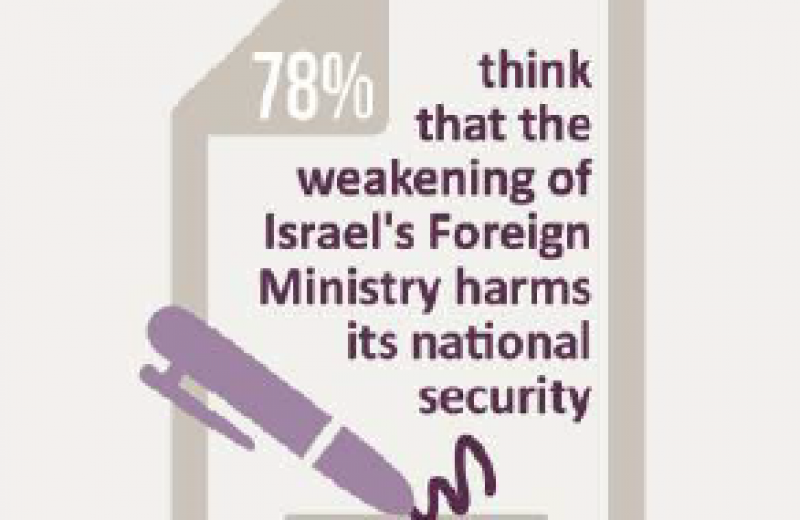
Since 2013, Mitvim – The Israeli Institute for Regional Foreign Policies publishes an annual index covering a variety of issues related to Israel’s foreign policy. The 2015 Israeli Foreign
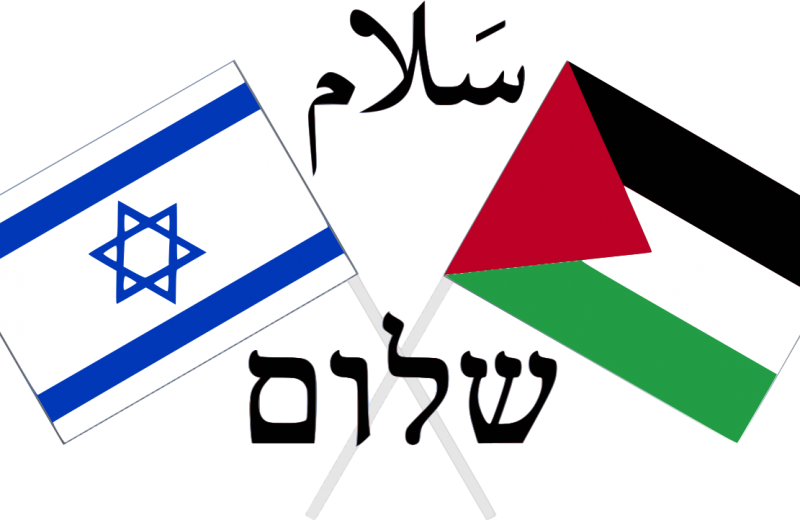
As violence between Israelis and Palestinians escalated amid diplomatic stagnation, the United States Institute of Peace (USIP) and Mitvim – The Israeli Institute for Regional Foreign Policies
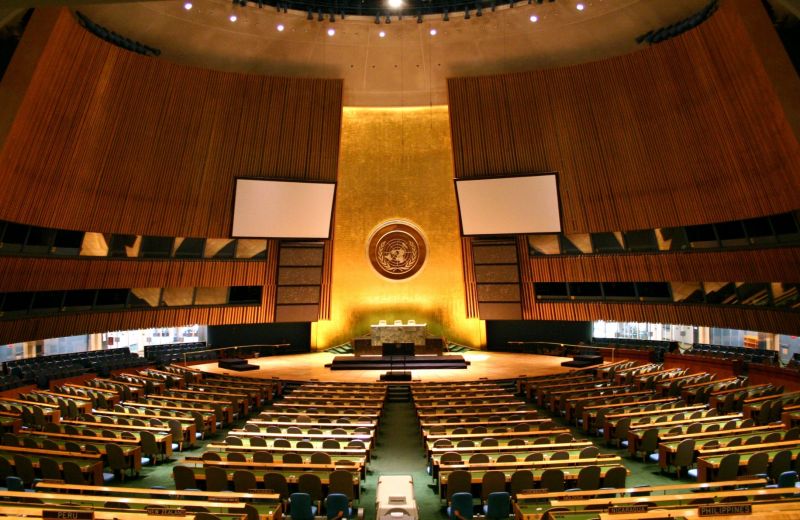
The stagnation in the Israeli-Palestinian peace process was clearly reflected at the 2015 UN General Assembly. The speeches of Mahmoud Abbas and Benjamin Netanyahu lacked vision and hope, and
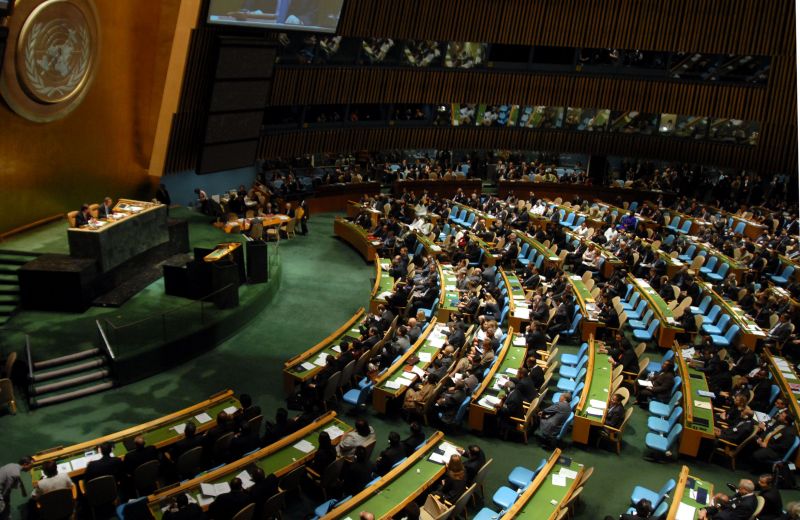
The annual meeting of the United Nations General Assembly, which occurs every fall, affords heads of state from across the globe the opportunity to lay out their vision and policies for the
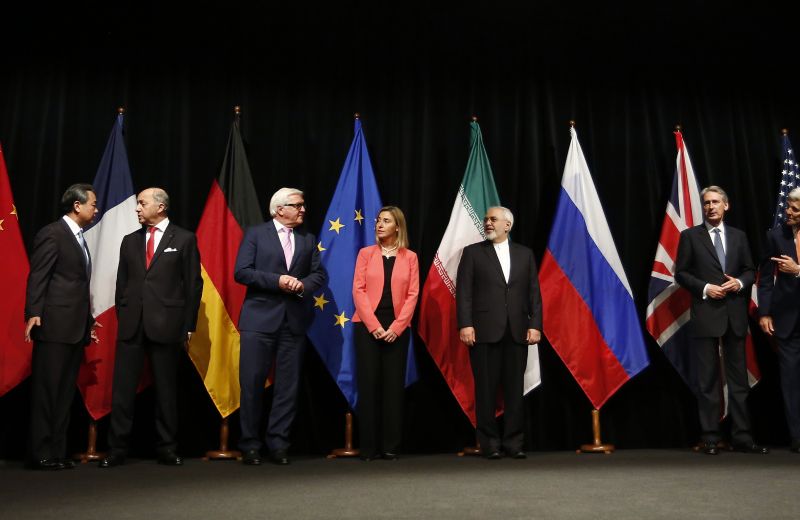
The deal reached between Iran and the six world powers is likely to have significant implications for Iran’s role in the region, Israel-US relations, domestic American politics, Israel’s foreign
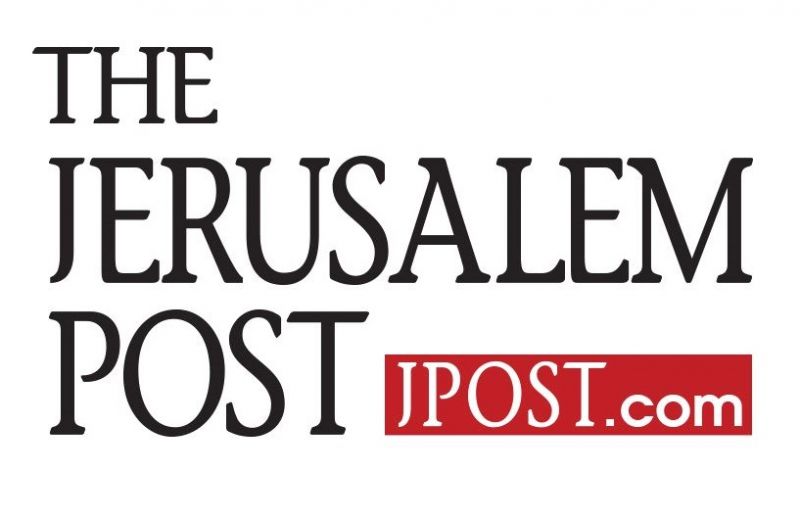
The signing of a nuclear deal with Iran will further aggravate the already tense relations between Israel and the US regardless of the exact details of the agreement or the nature of the

The post-Arab Spring period, which witnessed the collapse of dictatorial regimes, the eruption of civil wars and the possible disappearance of several sovereign Arab states, created opportunities

The Knesset election results have put the left on the defensive. It has since had to explain why it lost, and the blame was placed on the usual suspects: An ineffective campaign, a lack of

A fourth Netanyahu government, even with its conservative bent, should not by itself be a cause for immediate concern, at least not more than the third Netanyahu government. But long-term trends

In the immediate aftermath of Israel’s recent elections and the formation of its 34th government, and not long after a period of conflict with Gaza and heightened tensions amongst Israel’s Arab
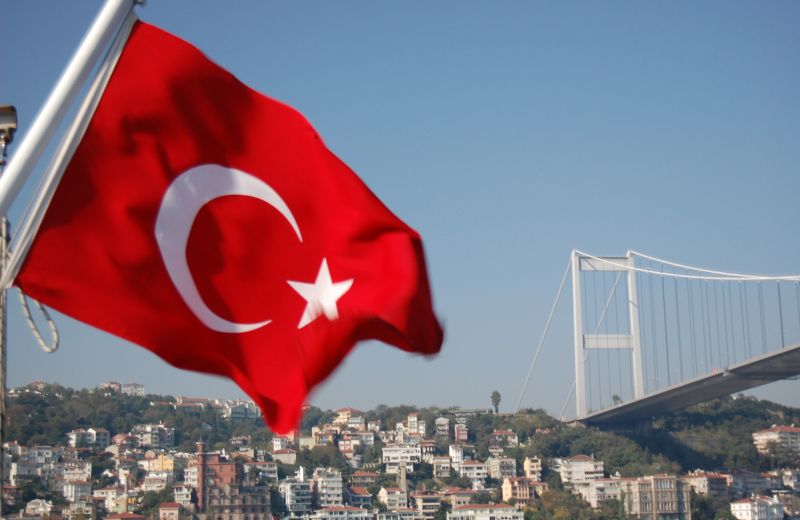
Mitvim – The Israeli Institute for Regional Foreign Policies and Global Political Trends (GPoT) Center held their 5th policy dialogue on March 23rd, 2015, in Washington D.C. The event which was
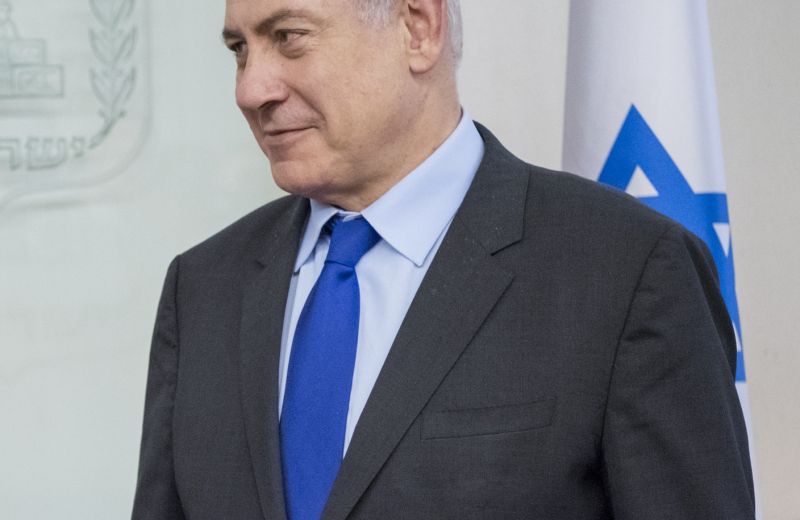
The right-wing victory in the Israeli election is likely to have significant impact on Israel’s foreign policy, specifically on ties with the US and the Palestinians. Statements made in the
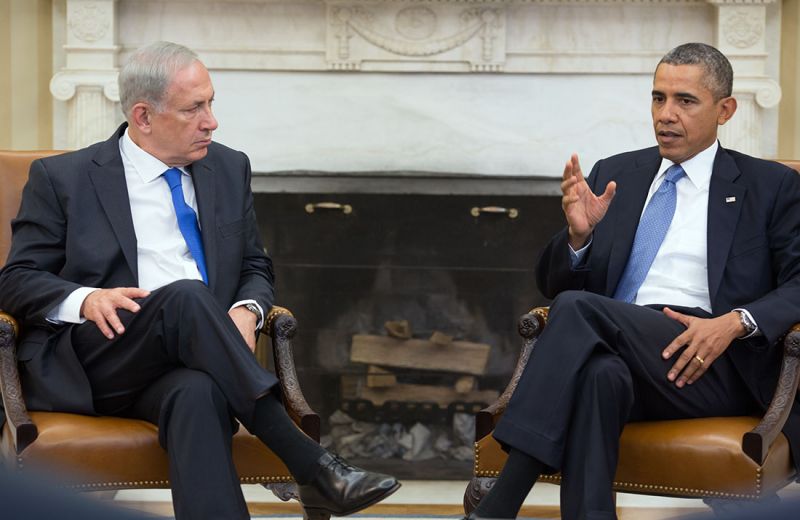
The alliance with the US is a crucial asset for Israel’s foreign policy. It brings Israel significant political, security and economy benefits. Public opinion data shows that the Israel public

Following Benjamin Netanyahu’s surprise landslide victory in the Israeli general election, the new question that has swept the national scene is how the incumbent Prime Minister will compose his
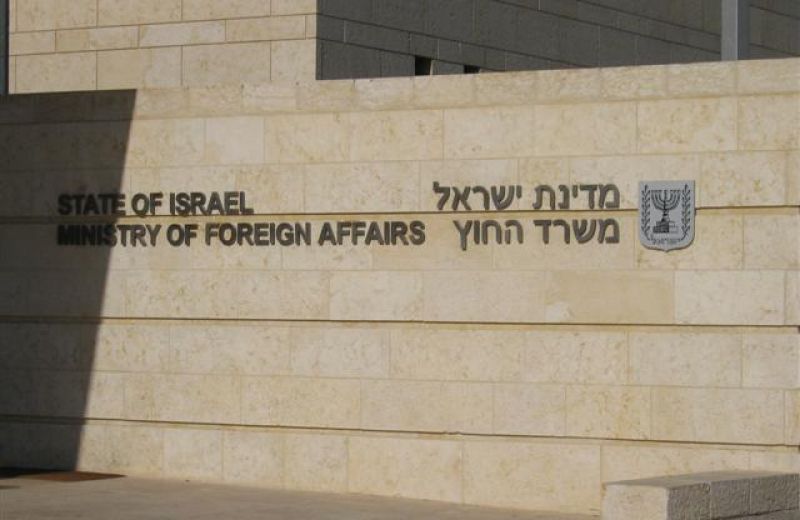
MK Tzipi Livni (Zionist Union), Minister Dr. Yuval Steinitz (Likud), MK Ofer Shelah (Yesh Atid), Dr. Michael Oren (Koolanu) and Mossi Raz (Meretz) spoke at a pre-elections event on Israel’s
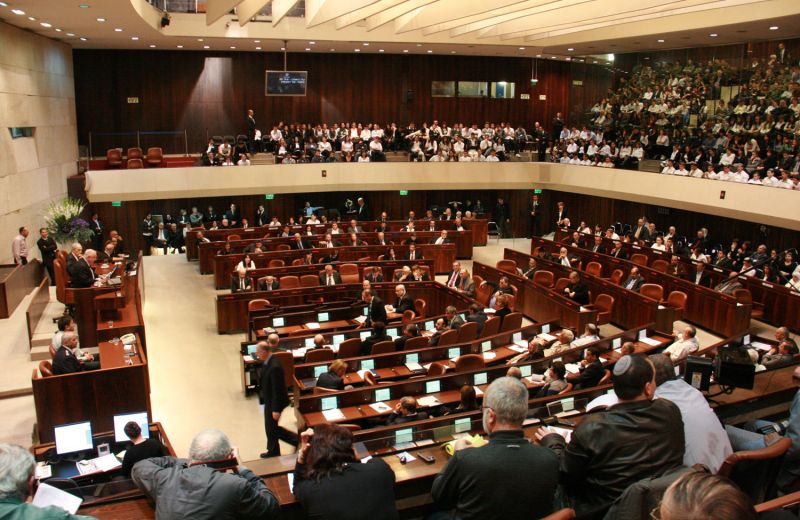
Election season in Israel has returned and for the first time since 2001 the Left has a fighting chance come voting day on March 17. Israeli Prime Minister Benjamin Netanyahu’s failure to stymie

Following the kidnapping of three Israeli youths and Secretary of State John Kerry hinting at Hamas responsibility, U.S. congressmen were right to question the merits of the new Palestinian

The ongoing drama between Israel and Turkey seems to be approaching its final act. However, even though Israeli Prime Minister Benjamin Netanyahu told the Anadolu Agency (AA) that Israel desires

As Secretary of State John Kerry hammers out the principles for an Israeli-Palestinian “framework agreement,” many are speculating that he has formally adopted Jerusalem’s demand that the

As Israel and the European Union this week initialed an agreement paving the way for Israel’s participation in the mega European research funding program known as Horizon 2020, they will be

If the Israeli prime minister and his self-appointed advocates across the ocean took their historical analogies seriously, they would know that the surest recipe for war with Iran lies not in
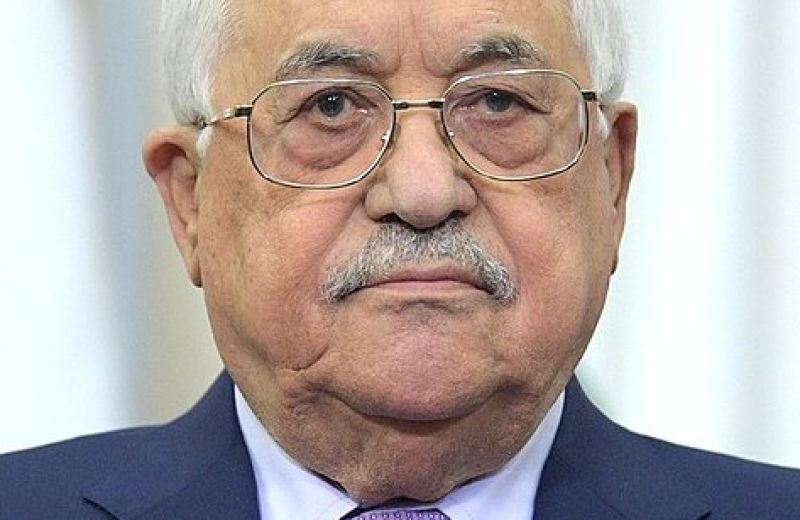
About six months ago, I sat in a coffee shop in al-Tireh, a suburb of Ramallah, and interviewed a senior official within Fatah. The official, wanting to talk about the internal dynamics within

From tales of Turkish intelligence chief Hakan Fidan revealing the names of 10 Mossad assets to Iranian authorities, to El Al being locked out of the Turkish market, it is hard to find a silver

Hamas has notified Palestinian Authority President Mahmoud Abbas that it wants to join a national unity government with Fatah, marking a breakthrough in reconciliation talks, according to the

After dramatic events began unfolding across the Arab world starting two years ago, most of the world began using the term “Arab Spring” to describe the popular uprisings and

A pre-election foreign policy debate was held today on the campus of the Hebrew University of Jerusalem. Candidates in attendance were from four of the major Israeli parties, and in many ways,

The claim that there is no one to talk to on the Palestinian side is a common one in Israeli discourse, seemingly an axiom. The Netanyahu-Barak-Lieberman government has managed to stick the
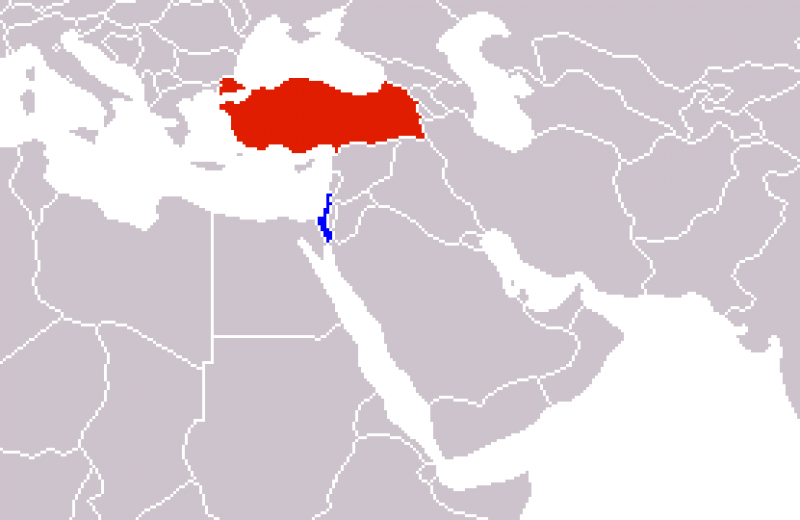
Winds of change have begun blowing across the Middle East in early 2011. For the first time in decades, Arab citizens in different countries have been going to the streets and demanding freedom

The composition of a broad coalition government presents opportunities to Prime Minister Binyamin Netanyahu in several directions, including the possibility of renewed dialogue with the
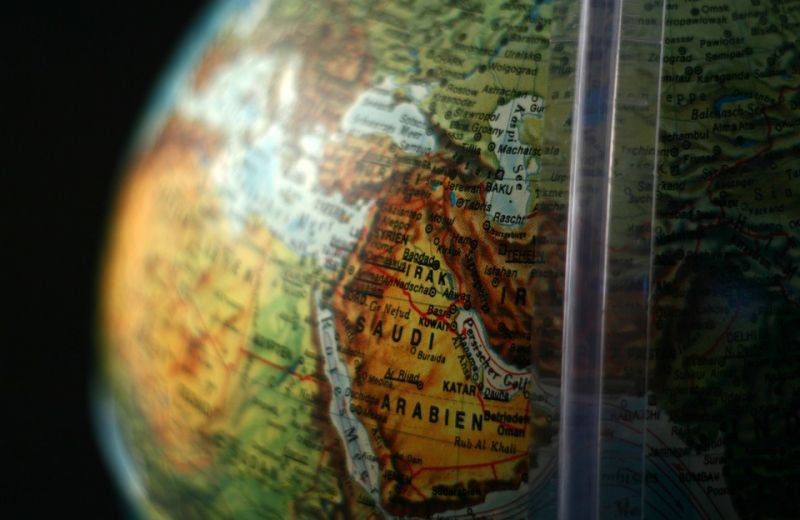
Since its birth in 1948, Israel has launched numerous preemptive military strikes against its foes. In 1981 and 2007, it destroyed the nuclear reactors of Iraq and Syria, operations that did not

